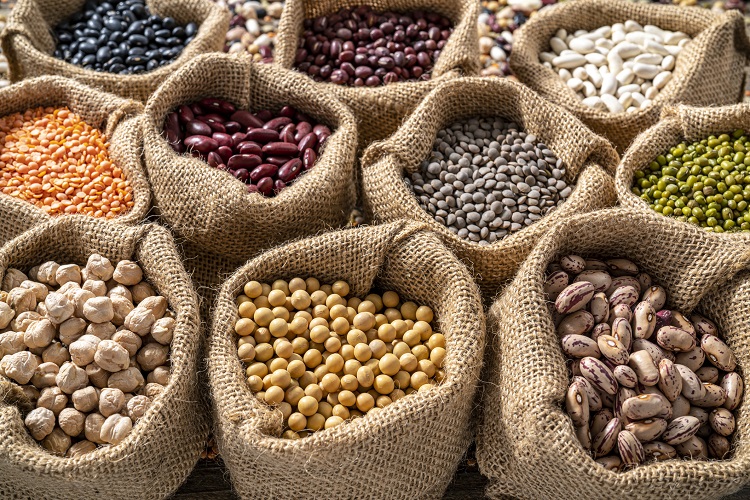The 28th edition of the United Nations Climate Change Conference (COP28) concluded last month, bringing together 70,000 delegates, including world leaders, business experts, young people, scientists, Indigenous Peoples, and various stakeholders to discuss the climate crisis.
While the agri-food system’s significant contribution to greenhouse gas emissions (close to one-third of total anthropogenic emissions) has been acknowledged, past events were criticized for overlooking these issues.
COP27 in Egypt marked progress with the first-ever food-focused pavilion and a dedicated day to agriculture. However, the focus on supply-side solutions sidelined sustainable diets. COP28 saw a positive shift, according to the Food4Climate Pavilion, with increased attention to the harmful impact of food systems on the environment, food security, human health, and animal welfare.

The signing of declarations on sustainable agriculture and climate action was considered significant, although concerns were raised about the lack of binding commitments.
Climate impact labels, plant-based food options, and a dedicated day for ‘Food, Agriculture, and Water’ at COP28 indicated a growing emphasis on the food agenda. Despite positive steps, some believe COP28 fell short of being a true ‘food COP.’ The Food4Climate Pavilion played a crucial role in elevating the discussion, bringing policymakers and experts together to advocate for a shift towards plant-rich, balanced, and diverse diets.
Looking ahead to COP29 in Azerbaijan, expectations include more diverse perspectives at the table, especially from farmers and those in the Global South. The Food4Climate Pavilion aims to ensure their voices are heard to understand challenges and implement sustainable solutions.
Transitioning declarations into actionable plans is crucial, with examples like Denmark’s action plan for plant-based foods seen as promising. The call for a comprehensive food systems approach, considering both production and consumption impacts, remains a priority for future climate conferences.














Leave a Reply